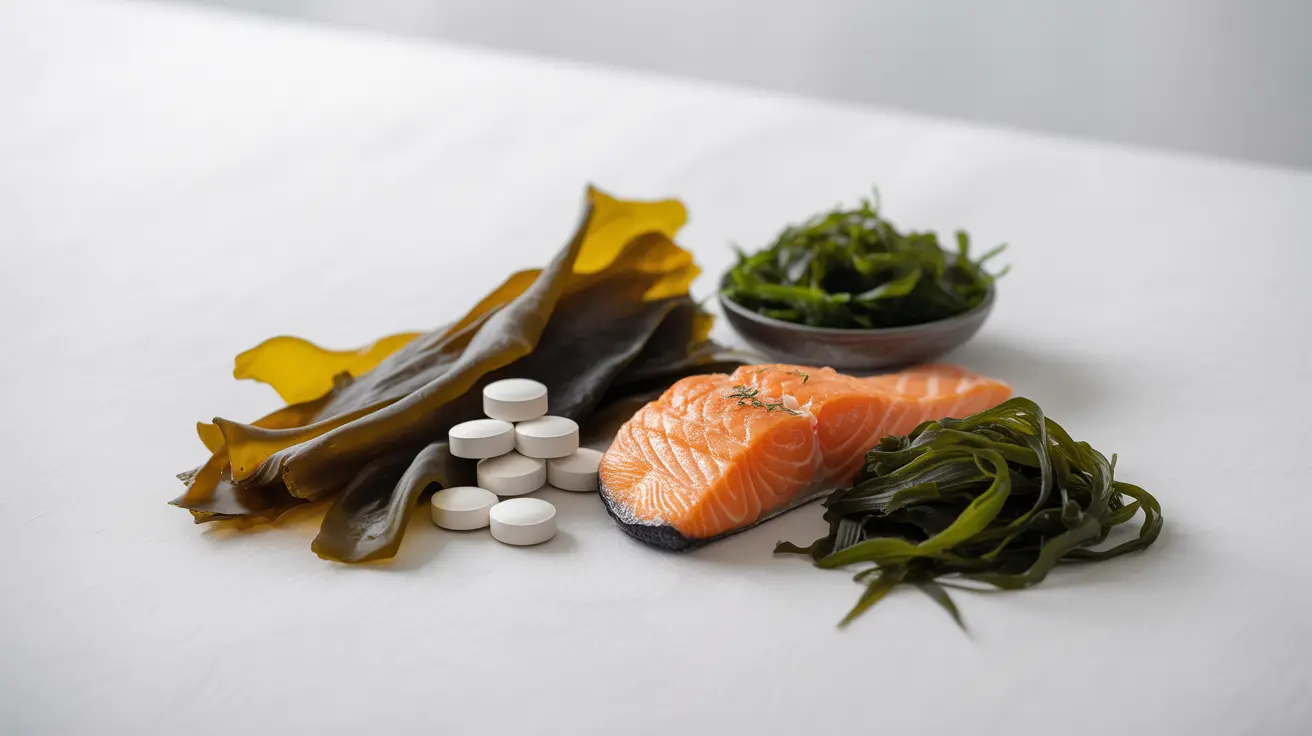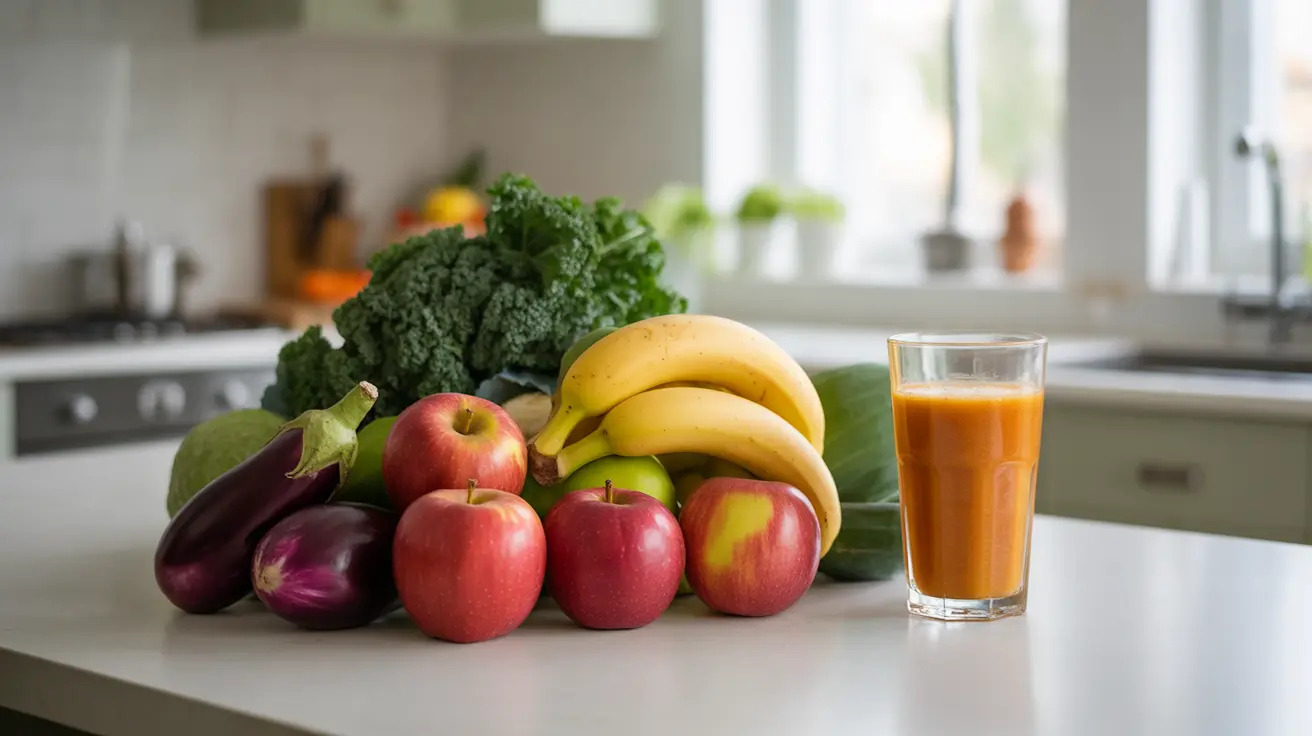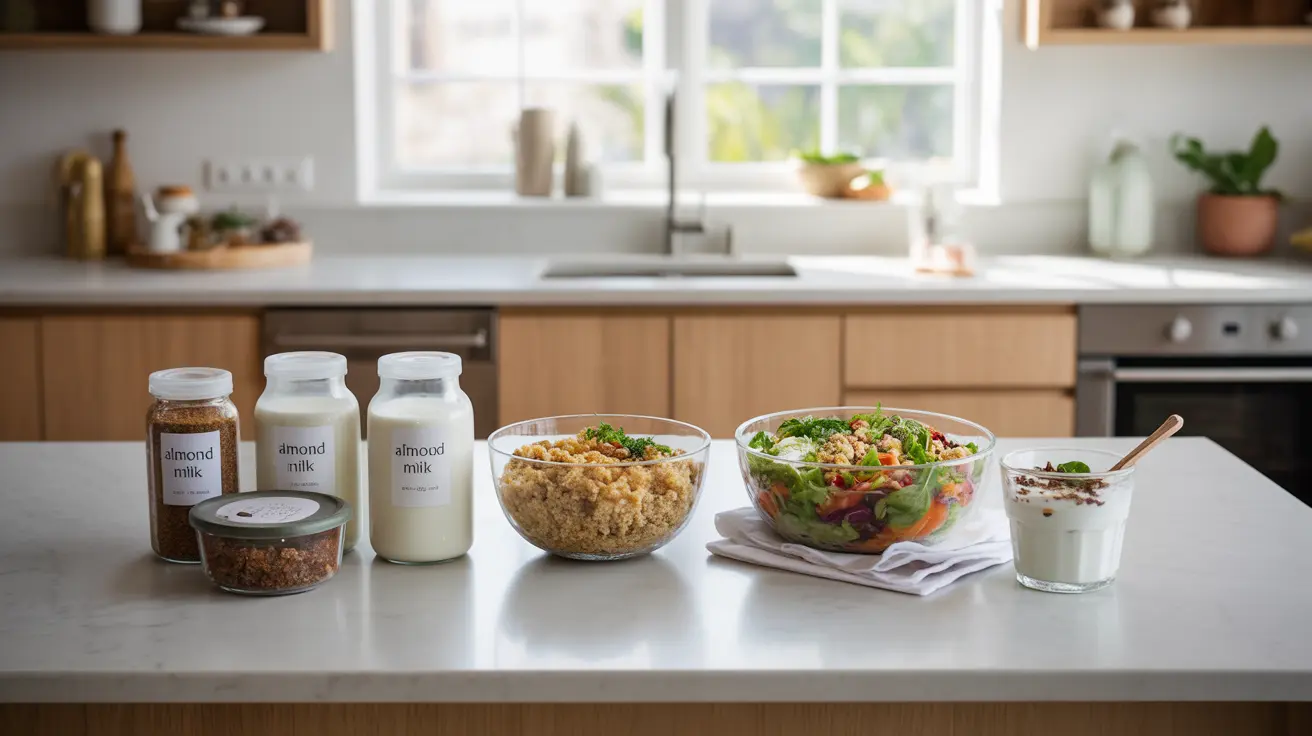Stomach ulcers, also known as peptic ulcers, are painful sores that develop in the lining of the stomach or small intestine. Many people wonder if these uncomfortable conditions will resolve on their own, and what steps they can take to promote healing. Understanding the nature of ulcers, their causes, and treatment options is crucial for anyone dealing with this common digestive condition.
While some minor ulcers might heal naturally, most cases require proper medical attention to ensure complete healing and prevent complications. Let's explore the factors that influence ulcer healing and the most effective approaches to treatment.
Understanding Stomach Ulcers and Their Causes
Stomach ulcers primarily develop due to two main factors: Helicobacter pylori (H. pylori) bacterial infection and regular use of nonsteroidal anti-inflammatory drugs (NSAIDs). These factors can damage the protective mucus layer of the stomach, allowing digestive acids to erode the sensitive stomach lining.
Other contributing factors may include:
- Excessive alcohol consumption
- Smoking
- Chronic stress
- Family history of ulcers
- Certain medical conditions
The Natural Healing Process
While the body has natural healing mechanisms, stomach ulcers typically require medical intervention to heal properly. Without treatment, ulcers may worsen and lead to serious complications such as internal bleeding, perforation, or obstruction of the digestive tract.
Treatment Options and Healing Timeline
Most stomach ulcers can be successfully treated with a combination of medications and lifestyle changes. The typical treatment approach includes:
Medication-Based Treatment
- Proton pump inhibitors (PPIs)
- Antibiotics for H. pylori infection
- H2 blockers
- Protective medications
With proper treatment, most ulcers heal within 4-8 weeks. However, the exact healing time can vary depending on factors such as ulcer severity, underlying causes, and adherence to treatment plans.
Lifestyle Changes for Prevention and Recovery
Supporting medical treatment with lifestyle modifications can significantly improve healing outcomes and prevent recurrence:
- Avoiding trigger foods and beverages
- Limiting alcohol consumption
- Quitting smoking
- Managing stress effectively
- Eating regular, balanced meals
- Avoiding NSAIDs when possible
Frequently Asked Questions
Can stomach ulcers heal on their own without medical treatment?
While some minor ulcers might heal naturally, most require medical treatment to ensure proper healing and prevent complications. Leaving ulcers untreated can lead to serious health risks and longer recovery times.
What causes stomach ulcers and how do they affect healing?
Stomach ulcers are primarily caused by H. pylori bacteria and NSAID use. These factors damage the stomach's protective lining, leading to ulcer formation. The underlying cause directly impacts healing time and treatment approach.
How long does it typically take for a stomach ulcer to heal with proper treatment?
With appropriate medical treatment, most stomach ulcers heal within 4-8 weeks. However, healing time can vary based on ulcer severity, cause, and treatment compliance.
What treatments are most effective for healing stomach ulcers caused by H. pylori infection?
H. pylori-related ulcers are most effectively treated with a combination of antibiotics to eliminate the bacteria and proton pump inhibitors (PPIs) to reduce stomach acid production. This approach, known as triple therapy, typically lasts 10-14 days.
How can lifestyle and diet changes help prevent stomach ulcers from recurring?
Preventing ulcer recurrence involves maintaining a healthy diet, avoiding trigger foods, limiting alcohol, quitting smoking, managing stress, and avoiding regular NSAID use when possible. Regular check-ups with healthcare providers can also help monitor for early signs of recurrence.




